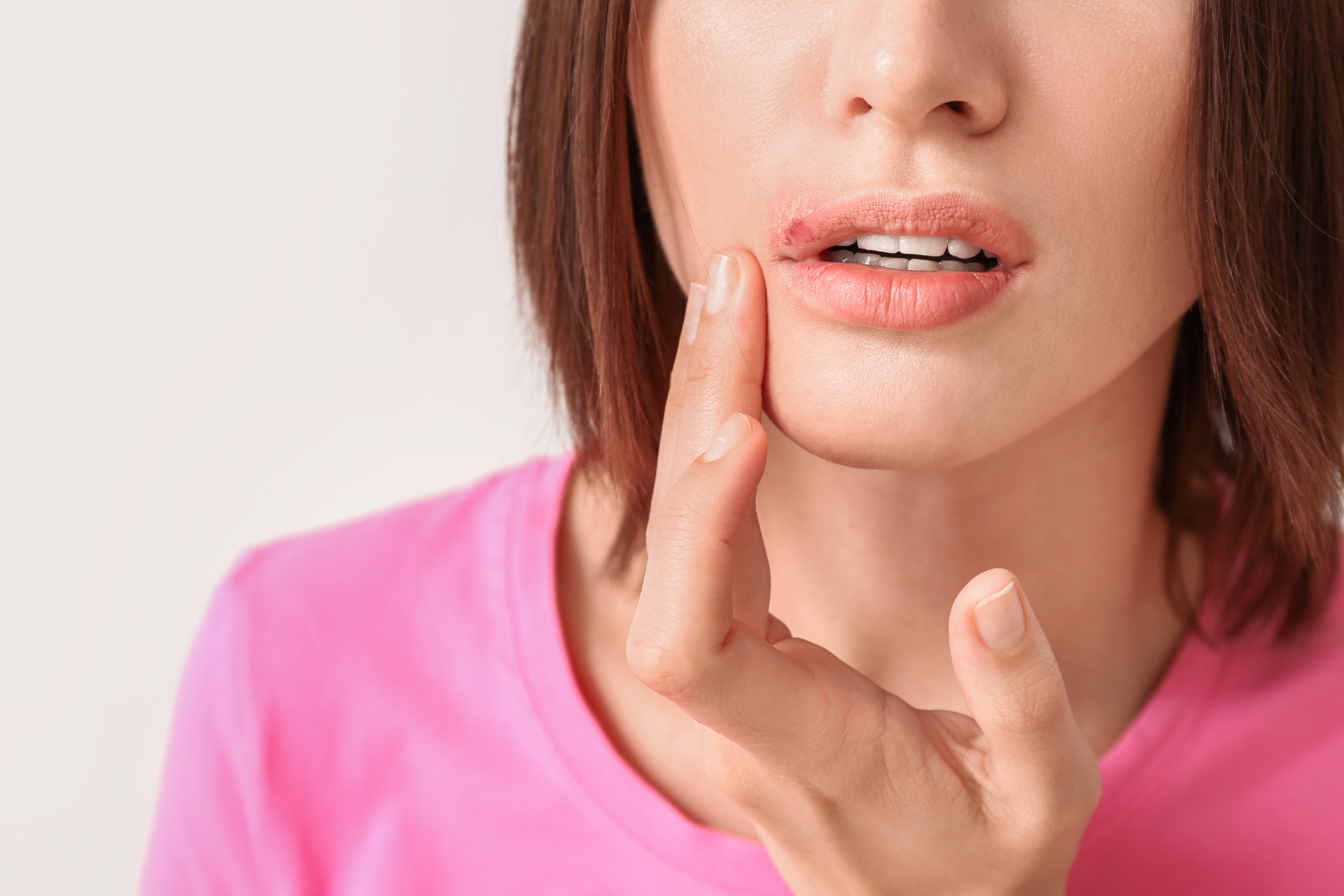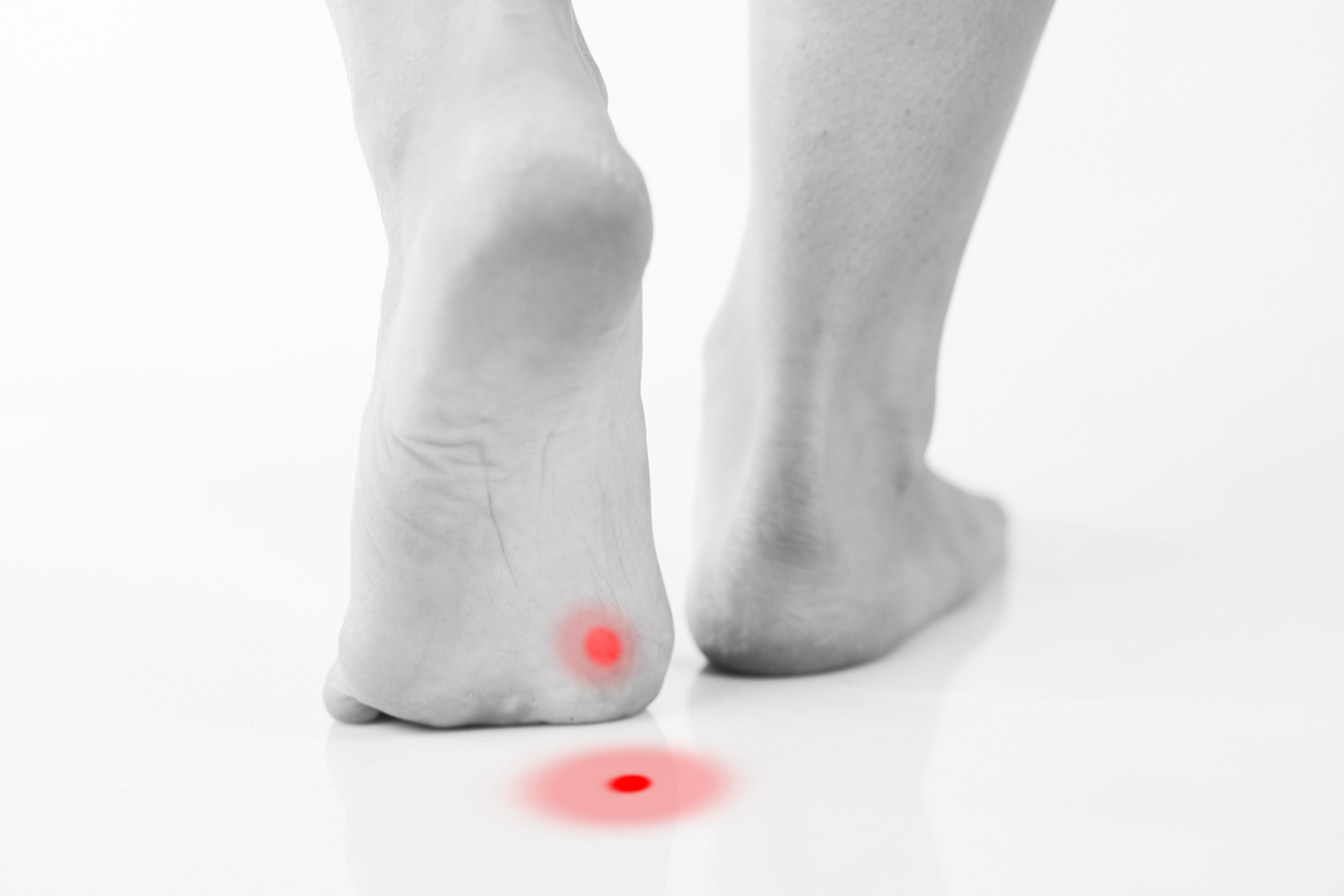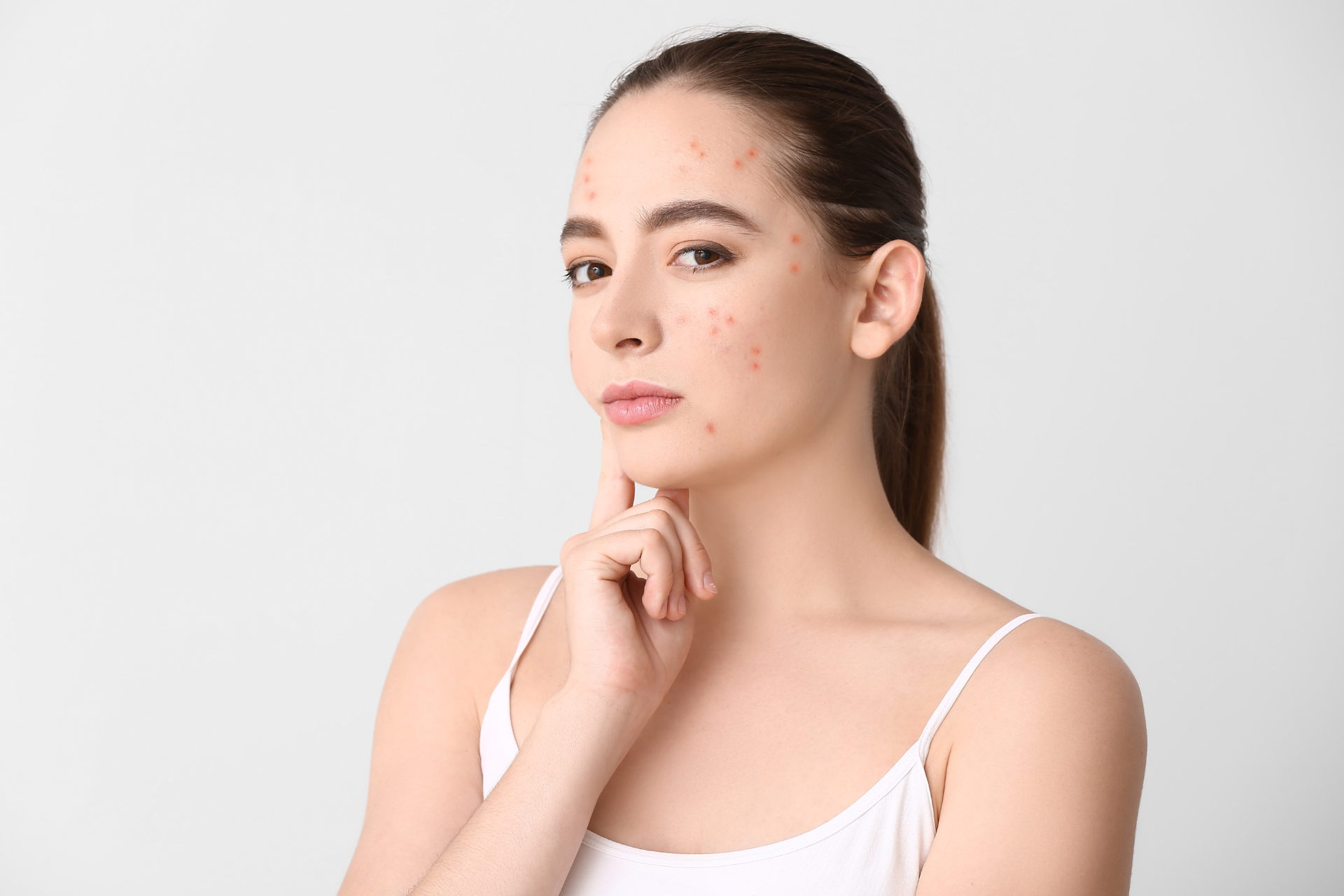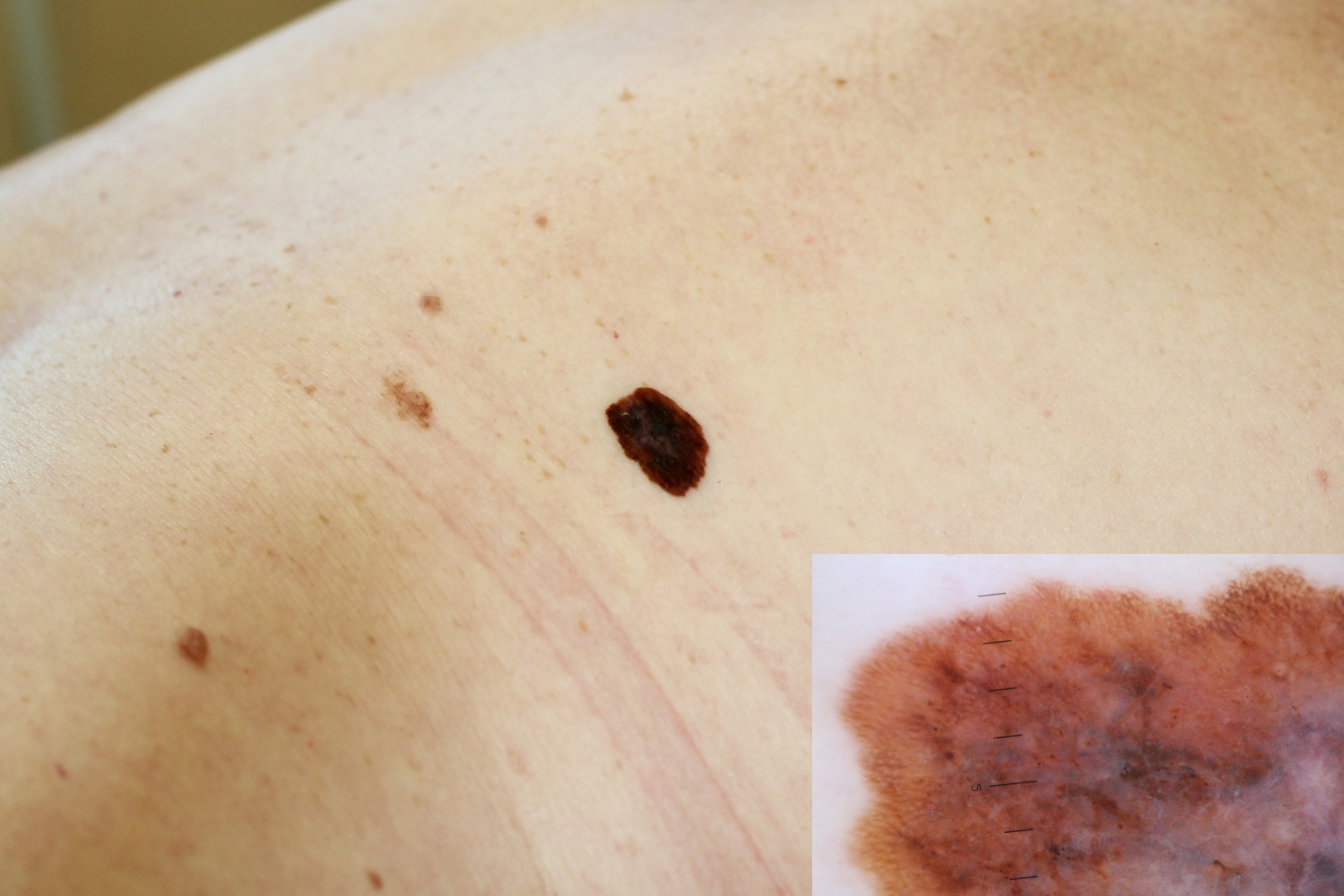How to Prevent and Treat Cold Sores

At Fall Creek Skin and Health Clinic, we are committed to helping our patients maintain optimal skin health. One common issue that many people face is cold sores, which can be both uncomfortable and unsightly. In this blog post, we will discuss the causes of cold sores, as well as provide tips on prevention and treatment.
What are Cold Sores?
Cold sores, also known as fever blisters, are small, fluid-filled blisters that typically appear on the lips or around the mouth. They are caused by the herpes simplex virus (HSV), which is highly contagious and can be easily spread through close contact with an infected individual.
Prevention Tips:
While there is no foolproof way to prevent cold sores, there are several steps you can take to reduce your risk of developing them:
1. Avoid close contact with individuals who have active cold sores.
2. Wash your hands frequently, especially after touching your face or any affected areas.
3. Avoid sharing items such as towels, lip balm, or utensils with others.
4. Manage stress levels, as stress can trigger cold sore outbreaks.
5. Use sunscreen on your lips to protect them from sun exposure, which can also trigger cold sores.
Treatment Options:
If you do develop a cold sore, there are several treatment options available to help alleviate symptoms and speed up the healing process:
1. Over-the-counter creams and ointments containing docosanol or benzocaine can help reduce pain and promote healing.
2. Antiviral medications, available by prescription, can help reduce the severity and duration of cold sore outbreaks.
3. Applying a cold compress or ice pack to the affected area can help reduce inflammation and discomfort.
4. Avoid picking or scratching at the cold sore, as this can lead to infection and prolong healing.
5. Keep the affected area clean and dry to prevent further irritation.
When to See a Healthcare Provider:
While most cold sores will heal on their own within a week or two, there are certain circumstances in which you should seek medical attention:
1. If you have a weakened immune system, such as due to a medical condition or medication.
2. If you experience frequent or severe cold sore outbreaks.
3. If the cold sore does not improve or worsens after a week of self-care measures.
4. If you develop signs of infection, such as increased redness, pus, or fever.
At Fall Creek Skin and Health Clinic, our experienced healthcare providers are here to help with all your skin-related concerns, including cold sores. If you have any questions or would like to schedule an appointment, please contact us today.
Remember, prevention is key when it comes to cold sores. By following the tips outlined in this blog post and maintaining good overall skin health, you can reduce your risk of developing cold sores and enjoy clearer, healthier skin.
Stay informed, stay proactive, and take care of your skin with Fall Creek Skin and Health Clinic.




